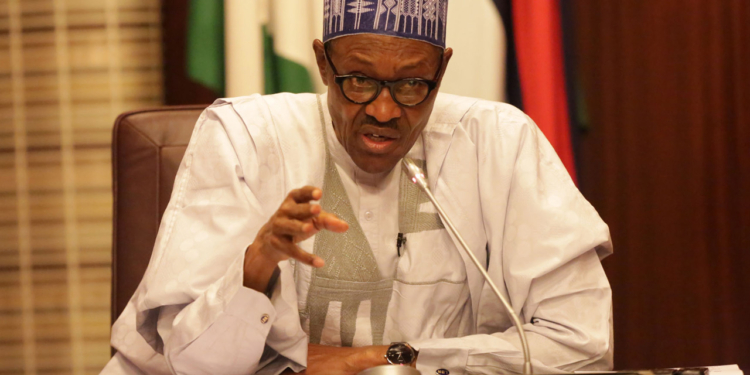ActionAid Nigeria has commended President Muhammadu Buhari for his commitment to increase education spending by 50% over the next two years and up to 100% by 2025, with the objective to reach the global benchmark of 20% of public allocation and expenditure to education.
This was a commitment made at the Global Education Summit in London which was co-hosted by UK Prime Minister Boris Johnson, and Kenyan President Uhuru Kenyatta.
In a press release signed by the Country Director, Ene Obi, ActionAid stated that it is looking forward to the next steps and actions to back up the President’s commitment, to address the numerous challenges confronting the education sector.
The Group stated that Nigeria is a signatory to many international instruments on the delivery of quality education, including the Sustainable Development Goals (SDGs), as such, we expect to see a directive to all relevant government Ministries, Departments and Agencies to prioritize and commence the process of incremental budgeting to actualize the commitment.
ActionAid further stated “we are particularly delighted that the commitment responds to the call for Governments to take actions to increase the SHARE of funds allocated to and spent on free, quality, inclusive public education.
“This is very critical for the transformation of the sector and will help in placing the country on the path to sustainable education for all.”
Yhe Group noted thag it is no longer news that Nigeria, the most populous country in Africa, is home to the highest number of out-of-school children in the world (estimated at around 10.5 million) and evidence has shown that the Covid-19 pandemic and insecurity is increasing this number, hence the commitment of the President couldn’t have come at a better time.
ActionAid Nigeria, therefore, calls on all arms of government to collectively push forward this commitment and ensure that necessary steps are taken to actualize the commitment.
The Group urged the Government to ensure it works with relevant organizations to enable greater scrutiny of future allocations by publicly publishing education budget and expenditure.
“To attain the SDG for education, it would be critical to not only increase the funding for education but also ensure that it is targeted at projects and programmes that are aimed at addressing the out-of-school phenomenon especially for girls and other marginalized children, improve learning outcomes and increase the nations stock of human capital that can be transformed into job creation.
“We want to encourage that there has to be quality provision of gender responsive public service facilities in all schools” the Group added.

